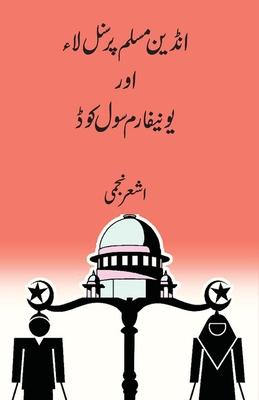The All India Muslim Personal Law Board has forfeited its credibility in the current political climate, rendering it unable to incite the Muslim community to engage in street protests as it did in 1985-86 and 1972-73. Nevertheless, the Board has declined to accept this decision and to implement internal reforms marked in its column in some cases. The Board attempts to obfuscate and mislead its supporters by creating confusion and concern. Additionally, the Board is trying to mobilize other religious minorities and dissuade them from opposing the Uniform Civil Code. It is important to distinguish between the political motives of the Board and the fact that the issue of reforming Muslim family laws and the effort to implement a uniform civil code are two distinct and separate issues. Both parties are engaging in collective hypocrisy. It is a relatively little-known fact that in the 1950s, right-wing Hindus in political parties advocated for a Uniform Civil Code to preempt Nehru's reforms in Hindu personal law. However, they lacked a clear and defined understanding of what a uniform civil code entailed. Similarly, Muslim reactionary forces also oppose the Uniform Civil Code not because they are opposed to communal harmony or to the concept of communalism, but simply because it would prevent any reform in Muslim personal law. Muslims adhere to the belief that only Muslim rulers are entitled to intervene in matters pertaining to Islam, whereas non-Muslim rulers are not. During the process of enacting reforms in Hindu laws, Nehru made an exception for Muslims, citing the rationale that reforms within religious minorities would emerge from within them. Despite the passage of over seven decades, this has not materialized. This approach is perceived as a significant strategy of Muslim appeasement by Indian rulers.

The All India Muslim Personal Law Board has forfeited its credibility in the current political climate, rendering it unable to incite the Muslim community to engage in street protests as it did in 1985-86 and 1972-73. Nevertheless, the Board has declined to accept this decision and to implement internal reforms marked in its column in some cases. The Board attempts to obfuscate and mislead its supporters by creating confusion and concern. Additionally, the Board is trying to mobilize other religious minorities and dissuade them from opposing the Uniform Civil Code. It is important to distinguish between the political motives of the Board and the fact that the issue of reforming Muslim family laws and the effort to implement a uniform civil code are two distinct and separate issues. Both parties are engaging in collective hypocrisy. It is a relatively little-known fact that in the 1950s, right-wing Hindus in political parties advocated for a Uniform Civil Code to preempt Nehru's reforms in Hindu personal law. However, they lacked a clear and defined understanding of what a uniform civil code entailed. Similarly, Muslim reactionary forces also oppose the Uniform Civil Code not because they are opposed to communal harmony or to the concept of communalism, but simply because it would prevent any reform in Muslim personal law. Muslims adhere to the belief that only Muslim rulers are entitled to intervene in matters pertaining to Islam, whereas non-Muslim rulers are not. During the process of enacting reforms in Hindu laws, Nehru made an exception for Muslims, citing the rationale that reforms within religious minorities would emerge from within them. Despite the passage of over seven decades, this has not materialized. This approach is perceived as a significant strategy of Muslim appeasement by Indian rulers.